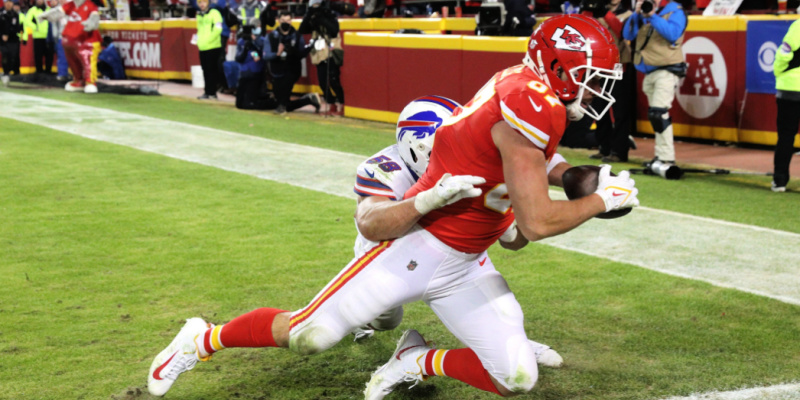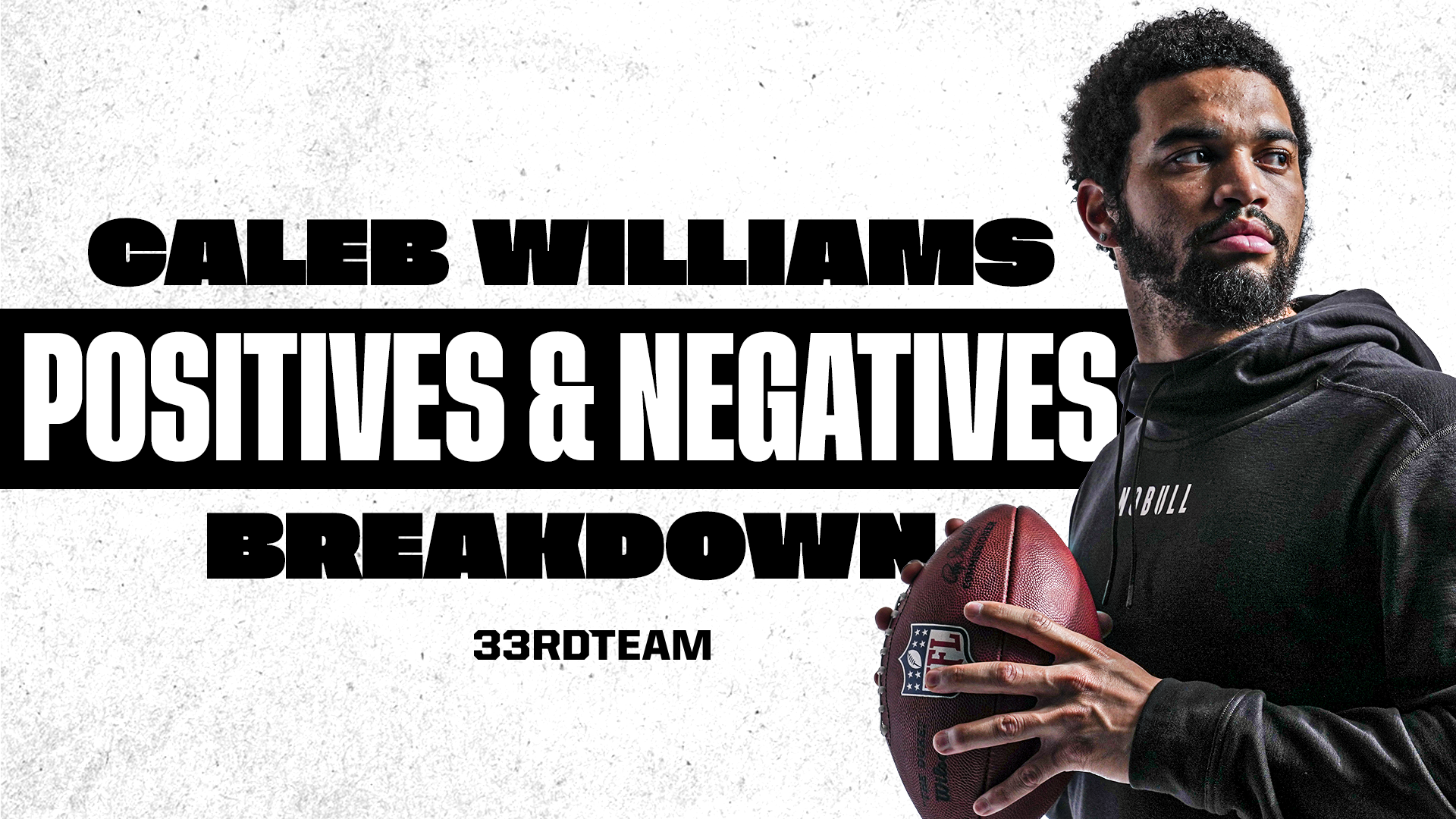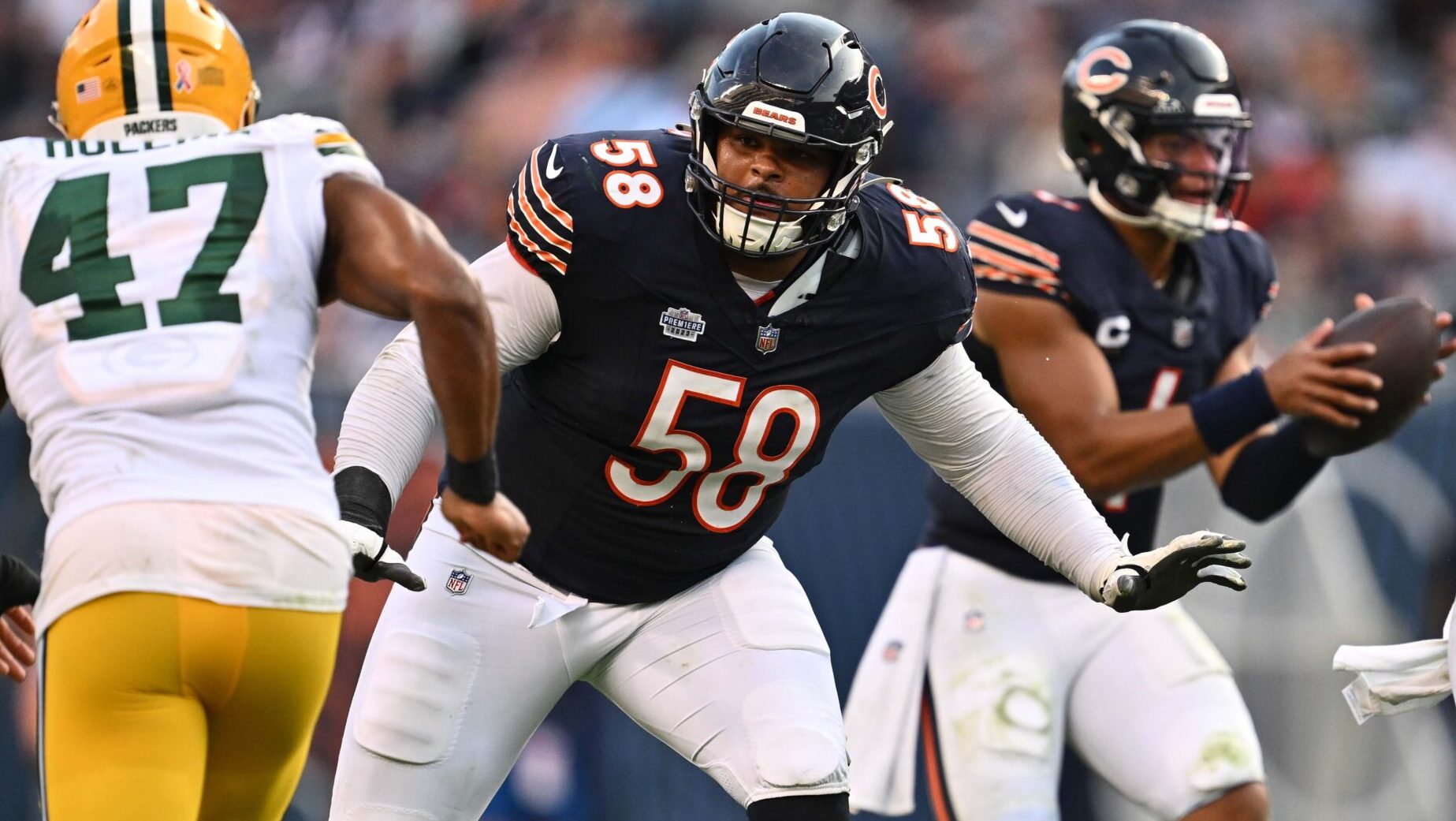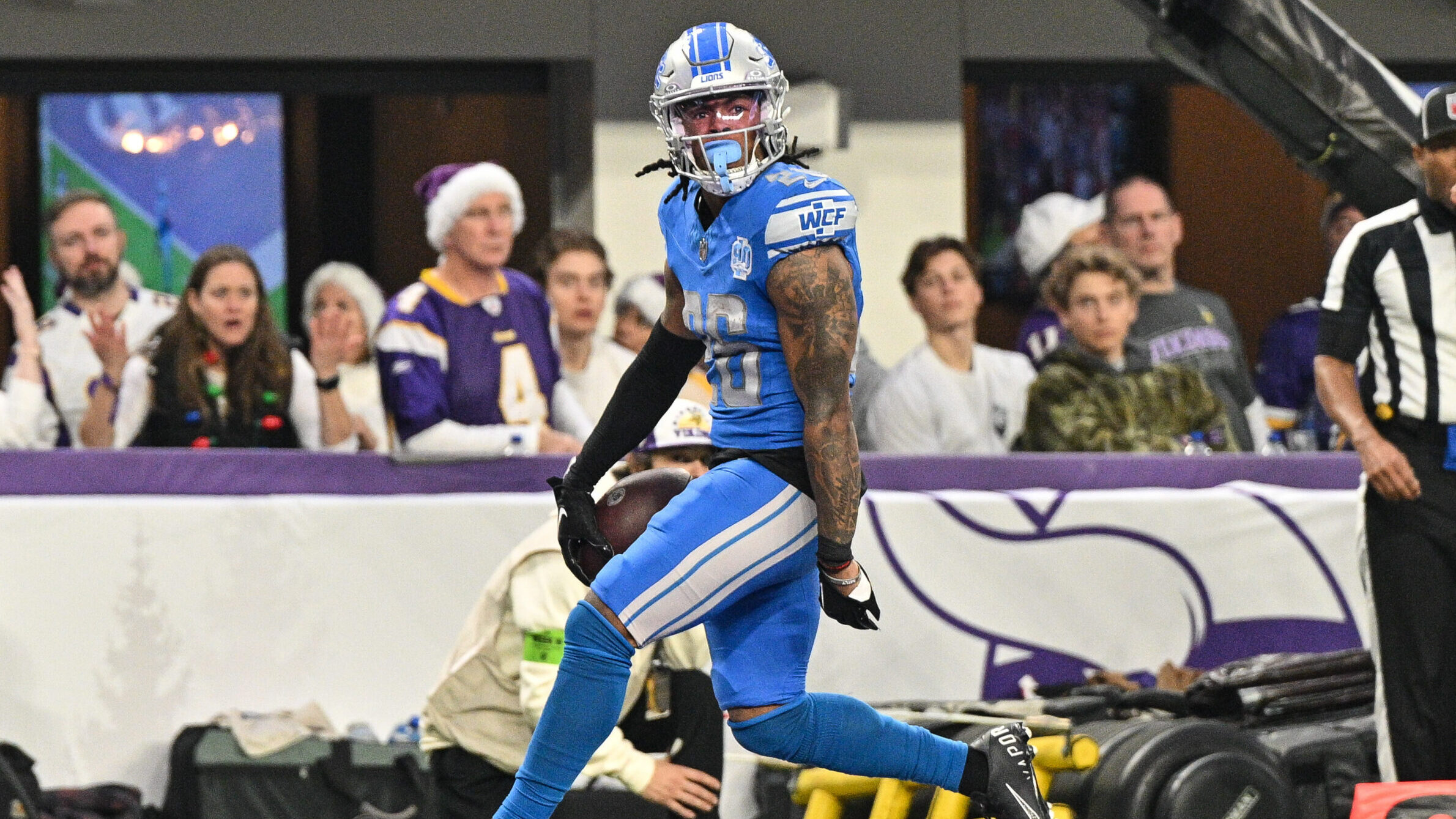Breakdowns
1/24/22
3 min read
NFL Overtime Rules: Does Something Have To Change?

With the Bills vs. Chiefs game, the NFL and its fans have now seen two major moments in which the new OT rules have affected the “outcome” of the game. More specifically, we’ve encountered two games where one offense has never touched the ball in overtime. Is this fair?
Current Rule
In 2017, NFL owners chose to shorten overtime in the regular season from 15 minutes to 10 minutes. This includes a coin toss that decides which team will possess the football first. If the first team to possess the football scores a TD, the game is over. If that team’s drive results in a FG, the opposing team must match to continue the game. Scoring a TD or failing to match will end the game. If the score is tied at the end of the 10 minutes, it will result in a TIE. This rule change is aimed at improving player safety. The rule differs, however, in the postseason as a tie is not allowed. The overtime period is also 15 minutes in the postseason, not 10.
Pros of the Current Overtime Rule
While many believe the NFL overtime rule is unfair, there are some points to consider. The team that loses the coin toss must stop the offense, but do they deserve to lose if they are unable to do so? This argument implies that defense is a major portion of every game, and if the defense is unable to stop the offense from scoring a TD, then it’s reasonable to think that team deserved to lose. The Bills are an example of this; they were unable to stop the Chiefs from marching down the field and scoring a touchdown in overtime.
Cons of the Current Overtime Rule
The problems with the current overtime rule revolve around the nature of “the rebuttal.” Last night, the Bills did not have such an opportunity to match the Chiefs overtime TD, which is not fair. Let’s also take a look at another scenario. If the Chiefs’ first OT drive resulted in a field goal, the Bills would have had the chance to win the game or tie it up. This changes the strategy around the play style. As a team, you understand that everything is four down territory. This now impacts the decision-making on each down, which ultimately affects football’s fairness.
The Solution
Many have suggested that the NFL should use the College Football overtime rules. However, one can argue that their model does not allow the full game of football to be played. The CFB OT rules basically eliminate a third of the game, a crucial phase of football that can lead to winning or losing. Keeping player safety in mind, the NFL should look into adopting a rule with a 10 minute OT period in the regular season where both teams play regular football, and whoever has the lead by the end is victorious. The postseason should have two 7.5 minute periods. The winner at the end of these periods will be declared the victor. Although this does not necessarily improve player safety, it is unlikely to worsen player safety compared to the current rules. Through this proposal, players may play, on average, an extra 4 to 5 minutes. The risk versus the reward is what the NFL must decide, but modeling it after sports with equal fairness in overtime, like the NBA, might be a better alternative.








